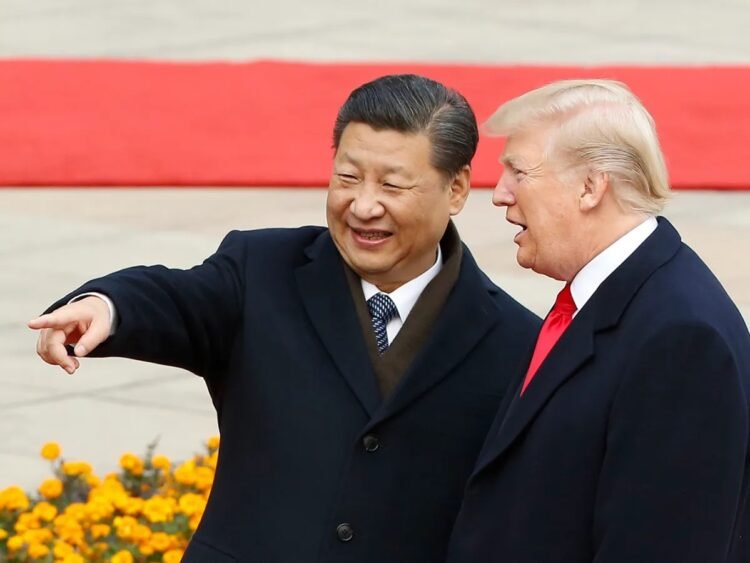Imagine the scene: January 20, noon, on the west front of the U.S. Capitol. As Donald Trump takes the oath of office, an extraordinary guest, Chinese President Xi Jinping, sits among the crowd—a powerful, if unlikely, symbol of global diplomacy.
The mere thought of Xi attending Trump’s inauguration is far-fetched, and as confirmed by sources on Thursday, it won’t happen. However, Trump’s invitation itself is a bold, strategic gesture aimed at making a statement about his leadership and global ambitions. For Xi, accepting such an invitation would mean bowing to U.S. power, an untenable position for the leader of a nation striving to cement its place as a dominant global force.
Xi’s attendance would also imply tacit support for democratic transitions of power, a concept fundamentally at odds with the principles of China’s one-party rule. Moreover, the risk of being a passive onlooker to Trump’s unpredictable rhetoric likely cemented Xi’s decision to decline.
Still, Trump’s overture is significant. It underscores his penchant for diplomacy by grand gesture and his belief in the power of his personality to shape foreign relations. By inviting Xi, Trump signals confidence in his ability to navigate the fraught U.S.-China relationship, even as his incoming administration is stacked with officials advocating a hardline approach toward Beijing.
Balancing Carrots and Sticks
Trump’s move reflects his unpredictable style, which sometimes disrupts diplomatic norms to gain leverage. As Lily McElwee from the Center for Strategic and International Studies noted, the invitation acts as a “symbolic carrot” in a relationship increasingly defined by escalating tensions.
Relations between the U.S. and China have soured over issues such as Taiwan, trade, and national security. Trump’s invitation contrasts sharply with his administration’s hawkish policies, including potential tariffs and strategic containment measures, raising questions about the coherence of his foreign policy strategy.
The Bigger Picture
While some view Trump’s unpredictability as chaotic, it has occasionally yielded results by unsettling adversaries. His invitation to Xi could be a calculated attempt to create dialogue or an opening gambit for renegotiating trade terms. However, history suggests Trump’s approach may lack follow-through.
During his first term, Trump championed the Phase One trade deal with China, which ultimately fell short of its promises. Additionally, his pivot to hostility following the COVID-19 pandemic strained relations further. Now, his renewed overtures to Xi suggest he believes personal rapport can overcome these challenges, though Beijing remains skeptical.
The Trade War Chessboard
China appears to be taking Trump seriously, preparing retaliatory measures such as targeting U.S. tech companies and restricting exports of critical minerals. A prolonged trade war would hurt both nations: higher tariffs could increase prices for American consumers while exacerbating China’s economic vulnerabilities, including overcapacity and weak domestic demand.
Seen in this light, Trump’s invitation to Xi may be less about the ceremony and more about setting the tone for a high-stakes geopolitical chess match that could define his second term. The move reveals a leader willing to upend conventions to navigate the complexities of 21st-century diplomacy.

 English
English



























































